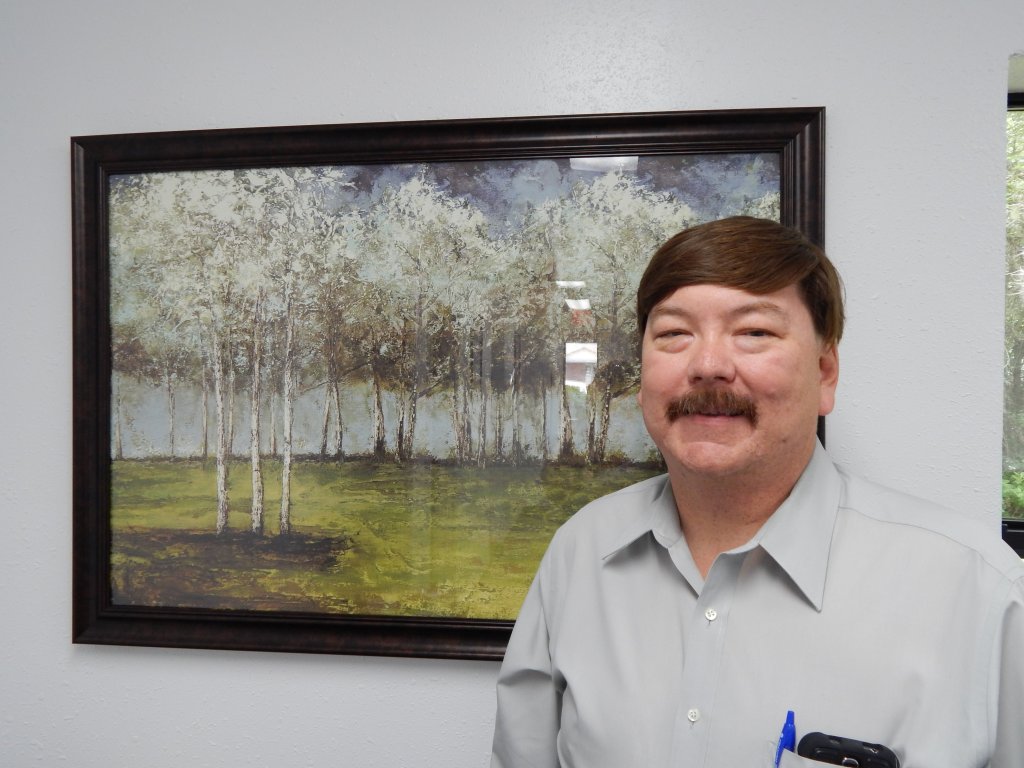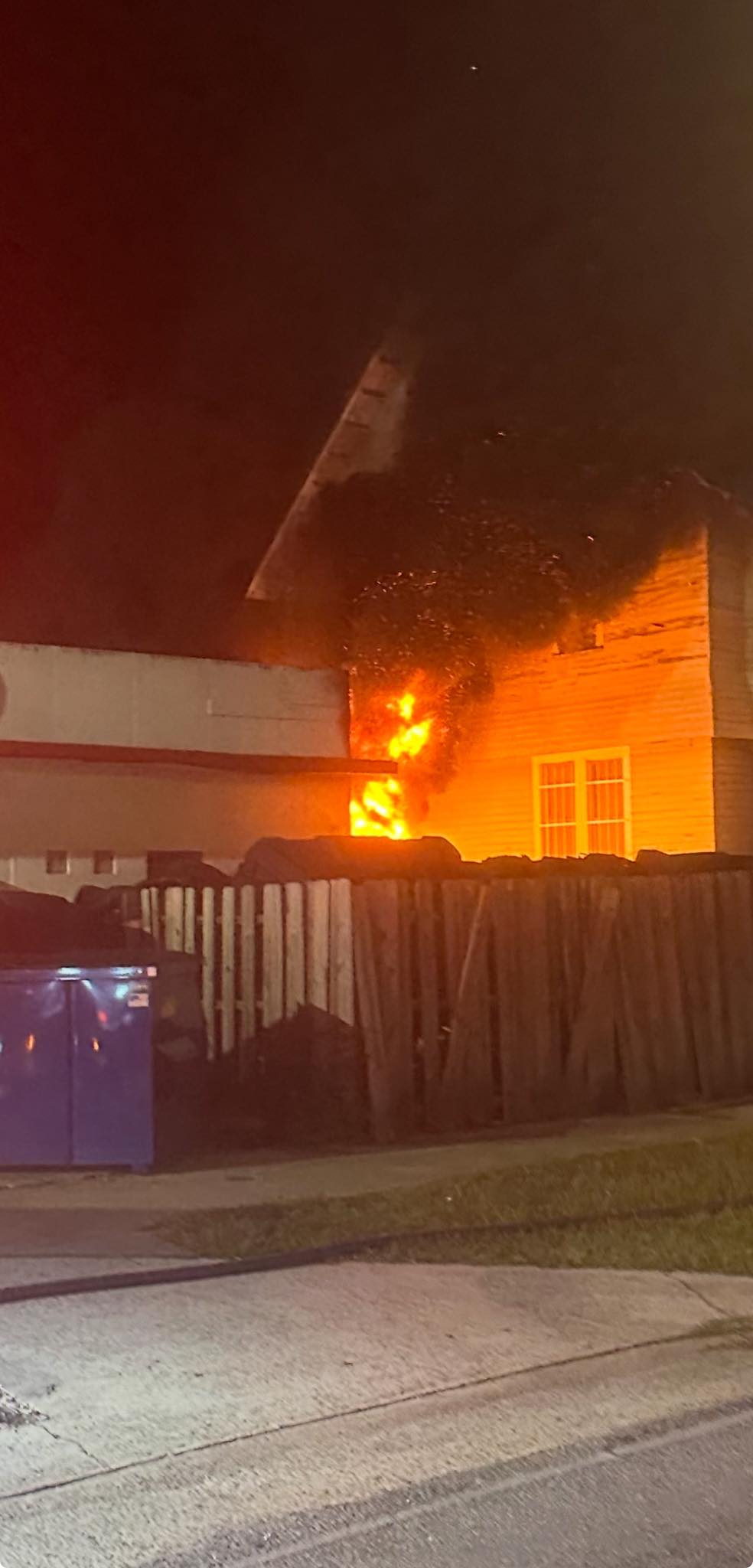New Three Rivers library director settling in
Published 8:00 am Thursday, June 19, 2014

- Three Rivers Regional Library System Director Dale Collum.
Three Rivers Regional Library System announced the hiring of Dale Collum as the new director over Lafayette, Dixie, Gilchrist and Taylor County Public Libraries. Collum came on board May 16 and is settling into his new job, as well as getting used to a new home town, although, he is used to small town living.
Trending
“My dad was in the Air Force when I was growing up, so we moved all over the place,” said Collum. “He retired in Alabama, so that’s what I call home.”
The town where he lived in Alabama, he said, had about the same population as Mayo. He attended Montgomery University and went on to graduate school at Florida State University where he earned his library degree.
“My first library job was actually in Palm Beach County,” he said. “Boca Raton.”
From there he went back home and worked at the Montgomery City/County Library, and later went to Washington state to work in the Pierce County Library. Then it was off to Evanston, Wyoming, where he served as library director for 14 years prior to coming to Mayo.
“I wanted to come back south,” he said. “My wife’s (Gail) father lives in Satellite Beach. He’s about 84 now and he’s starting to do some things that worry us, like forgetting to pay his bills, so we figured we’d try to get a little bit closer to him.”
Collum said he likes Mayo so far. He and his wife have no children, but they are the proud parents of two blue and gold Macaws named Jimmy and Jake.
Trending
“I think I started loving libraries when I was a little kid,” said Collum. “My dad was stationed in this little radar site in Maine and it was really remote. It was 12 houses and two barracks for the single troops, on a manmade hill in northern Maine, surrounded by potato fields, so there was nothing around there. Once a week we’d drive into town to the nearest community and one of the stops was always the library. I would get to load up with books to last me for the week.”
He said it was something he looked forward to every Saturday, so he could trade in the books for a new set.
“Since that time I have always liked going into libraries and just sort of progressed into working in them,” he said.
Getting to meet people and then being able to help them, Collum said, is something he enjoys about his job.
“There’s a lot to like about libraries,” said Collum.
The digital age, he said, has been helpful to libraries, making them much more efficient and cost-effective. Computers, he added, have also taken away some of the traditional roles of libraries.
“It used to be if you needed to find a piece of information, you would call your library and they’d have these huge reference books that they would look through, such as an address for a company,” said Collum. “Now, you just go to Google and you can get the information.”
A lot of people, though, go to the library to access the Internet, he explained, so their role in providing information to the public was just switched around a bit.
Many have begun reading books online using Kindle, Nook and other reading devices, but Collum said they have to pay for it. With the library’s Overdrive program, patrons can check out digital copies of books on the library’s online website at no charge.
“The electronic revolution in the entire world has definitely affected libraries and their operations,” he said. “In the publishing world there is a lot of uncertainty as to how the future is going to unfold.”
With more and more authors self-publishing, Collum said it cuts out the middleman, the publisher.
“One of their big fears is that one of their big authors, for example, Stephen King, he could just decide to start self-publishing his own stuff and cut the publisher right out of it,” Collum said. “If one big author does it, I think there will be a snowball of people who would follow suit.”
Collum said libraries need to continually strive to make themselves valuable to their clientele…the public. Getting onto the electronic bandwagon, he said, is one way libraries can sustain themselves into the future. They can also serve as a community hub, especially in small, rural areas like Lafayette County. Libraries can be a place where people can meet up with neighbors they haven’t seen in a while, they can join an exercise program, or participate in workshops covering a wide variety of topics.
“We’ve had a lot of success doing this,” he said. “I think it’s a great use of a public building.”
If libraries can prove their value to the public, the public will, in turn, make sure the library gets funded, Collum explained, especially in tough economic times where counties are looking for ways to shave their budgets.
“In those communities where the library has been vibrant and active, and people really support it, the people won’t let them cut it out of the budget,” said Collum.





